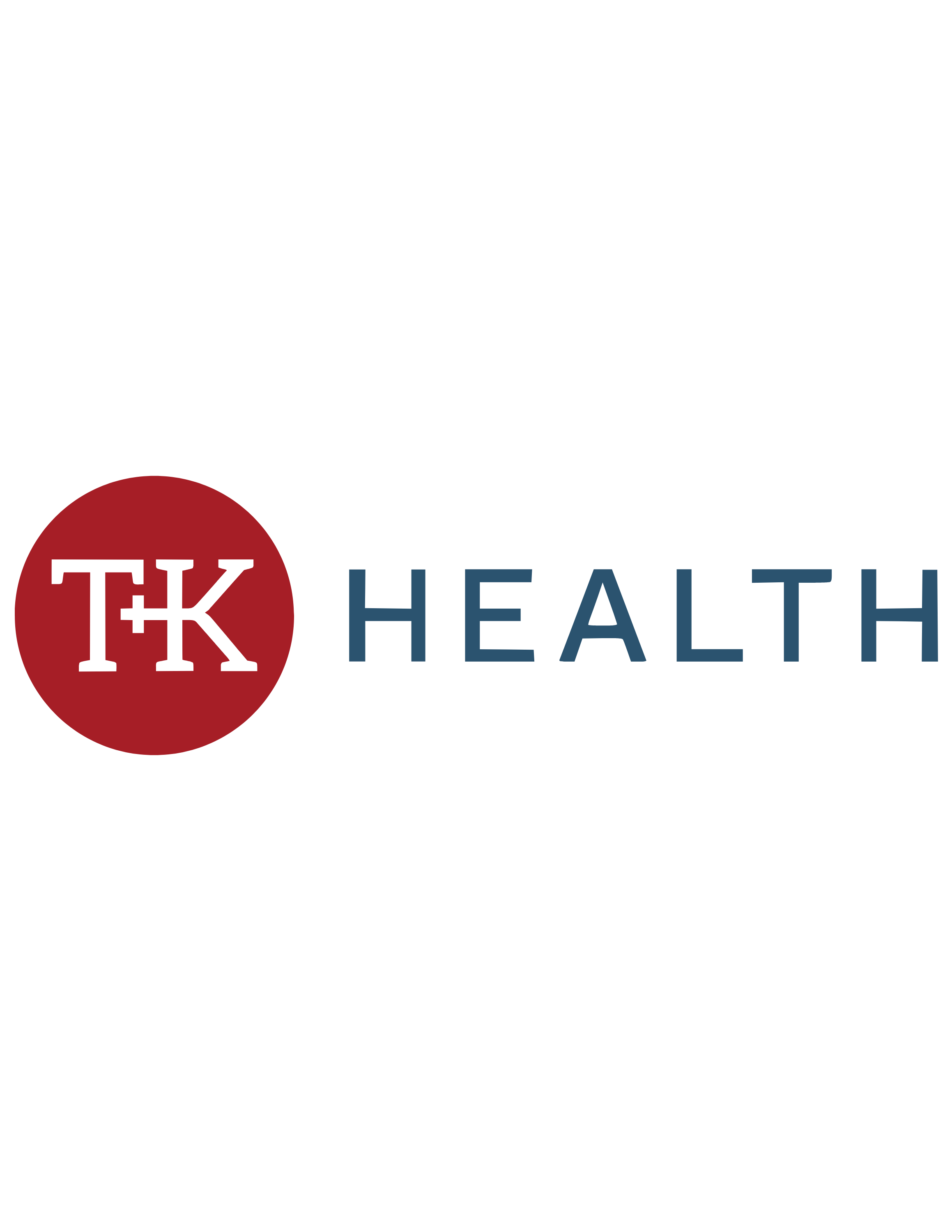If you’re looking for a fast-paced and rewarding career in healthcare, becoming a Licensed Practical Nurse (LPN) could be the perfect path for you. Whether you’re just starting your career or considering a shift into nursing, the LPN route offers job stability and opportunities for advancement.
What is an LPN?
An LPN is a healthcare professional who provides nursing care under the supervision of RNs and/or physicians. They have a nursing certificate from an accredited LPN training program, and they must pass the National Council Licensure Examination for Practical Nurses.
LPNs are often the primary point of contact for patients, offering hands-on care. They’re responsible for a full range of nursing duties, which they perform with access to an RN or physician to answer questions that may arise.
Many nurses choose to start their healthcare careers as LPNs. Many of these nurses also work to earn their bachelor’s degree and become Registered Nurses (RNs) while working as LPNs.
How to Become an LPN
Becoming an LPN requires completing specific educational and licensing steps. Here’s the process for how to become an LPN.
Meet the Prerequisites
Most LPN programs require you to meet some basic requirements to be eligible for enrollment. These prerequisites include:
- Education: A high school diploma or GED is typically required.
- Age Requirement: Most programs require students to be at least 18 years old.
- Background Check: Many states and schools require a background check to ensure eligibility for working in healthcare.
- Health Screenings and Immunizations: Some programs may require vaccinations or a physical exam to ensure you can safely work in a healthcare setting.
Enroll in an Accredited LPN Program
If you meet the prerequisites, the next step is to enroll in and complete an LPN program. Community colleges, colleges and universities, vocational and technical schools, and even some hospitals offer these programs.
An LPN program typically takes 12-18 months to complete. It will include coursework in anatomy, physiology, pharmacology, nursing fundamentals, patient care, and medical ethics, as well as a clinical training component.
Complete Clinical Training
LPN programs include hands-on clinical training in healthcare settings like hospitals, clinics, and nursing homes. This experience is crucial for developing practical nursing skills. During clinical rotations, students work under the supervision of RNs and more experienced LPNs.
Pass the Licensure Exam
Once you complete your LPN program, take and pass the National Council Licensure Examination for Practical Nurses (NCLEX-PN) in the state you want to practice to obtain your nursing license there.
The National Council of State Boards of Nursing (NCSBN) develops the exam, which covers areas like safe patient care, health promotion, and pharmacology. The exam includes multiple choice and scenario-based questions.
To pass the exam, you must correctly answer at least 85 questions within five hours.
Candidates often prepare for the exam using study guides and by taking practice tests.
It costs $200 to take the exam, which is administered in person at testing sites.
Some candidates will know their exam results in as little as two days. You’ll get official results within six weeks of taking the exam.
If you fail the exam, you can retake it. How long you have to wait depends on the review board in your state, but it’s usually 45 days. Some areas will only allow you to take the exam so many times in a year. You have to pay for the exam each time you take it.
Obtain Licensure and Apply for Jobs
Once you pass the NCLEX-PN exam, you apply for your LPN license through your state’s nursing board. You’ll likely need to pay a fee and provide fingerprints and a passport-like photo when you apply. It can take a few weeks to a couple of months for the board to review your application.
You can start applying for LPN positions once you receive your license. You can find these positions in hospitals, clinics, nursing homes, and correctional facilities, among other places.
How Long Does It Take to Become an LPN?
Overall, the time it takes to become an LPN depends somewhat on application and processing times. It takes at least a year, but it could take more like two years.
You must be admitted into an LPN program and then start it at the next available date. After you’ve completed the program, you must apply for the NCLEX-PN exam, sit for the exam on an available date, and pass it. If you don’t pass it, you must wait to be eligible to retake it.
Once you’ve passed the exam, you must apply for your license with your state’s nursing board and wait for them to process your application.
After that’s complete, you must apply for and accept a job.
You can control how quickly you move through certain aspects of the process, but you can’t control the time it takes for other agencies to process applications.
Career Advancement Opportunities for LPNs
One of the great things about being an LPN is that you can choose to stay at that level and be eligible for advancements as an LPN, or you can decide to complete further training to advance your nursing career. Many LPNs choose to further their education and skills by earning special certifications or enrolling in an LPN-to-RN bridge program to become a Registered Nurse.
Become an LPN with TK Health
If you have your license and are looking for a job as an LPN, TK Health wants to talk with you.
TK Health, an Oklahoma-based correctional healthcare provider, employs nurses in jails in 13 states across the region. Our team oversees the day-to-day healthcare operations in facilities with inmate populations ranging from 25 to more than 2,000 inmates.
Want to work for TK Health? Learn more about joining our team.

